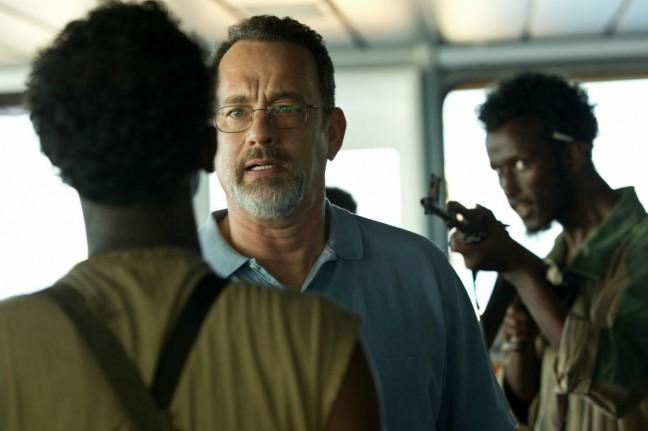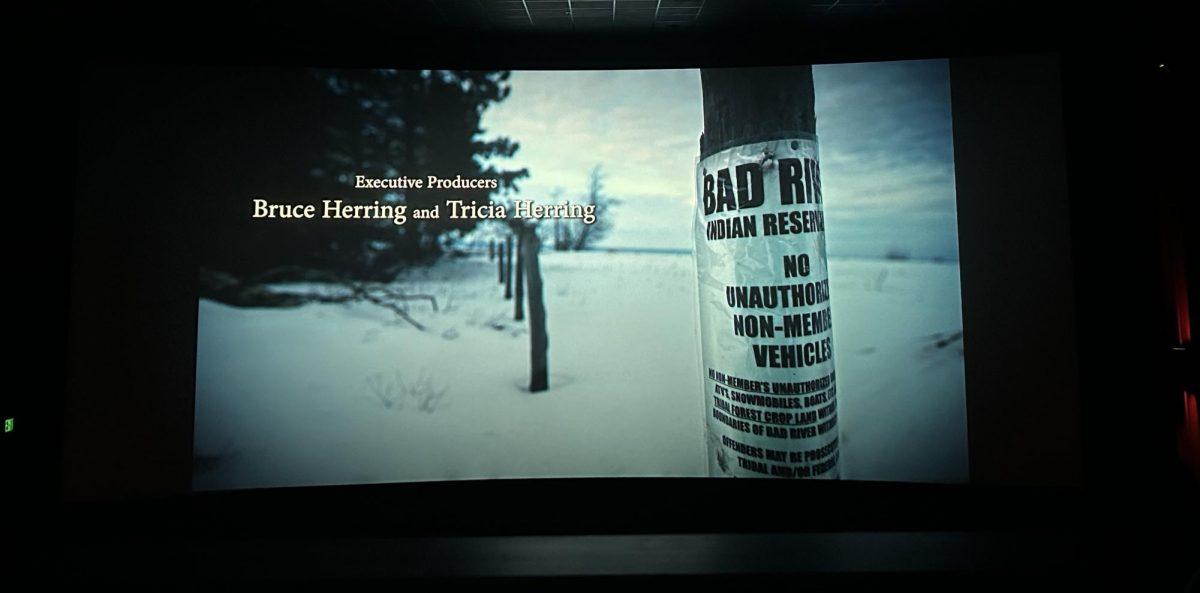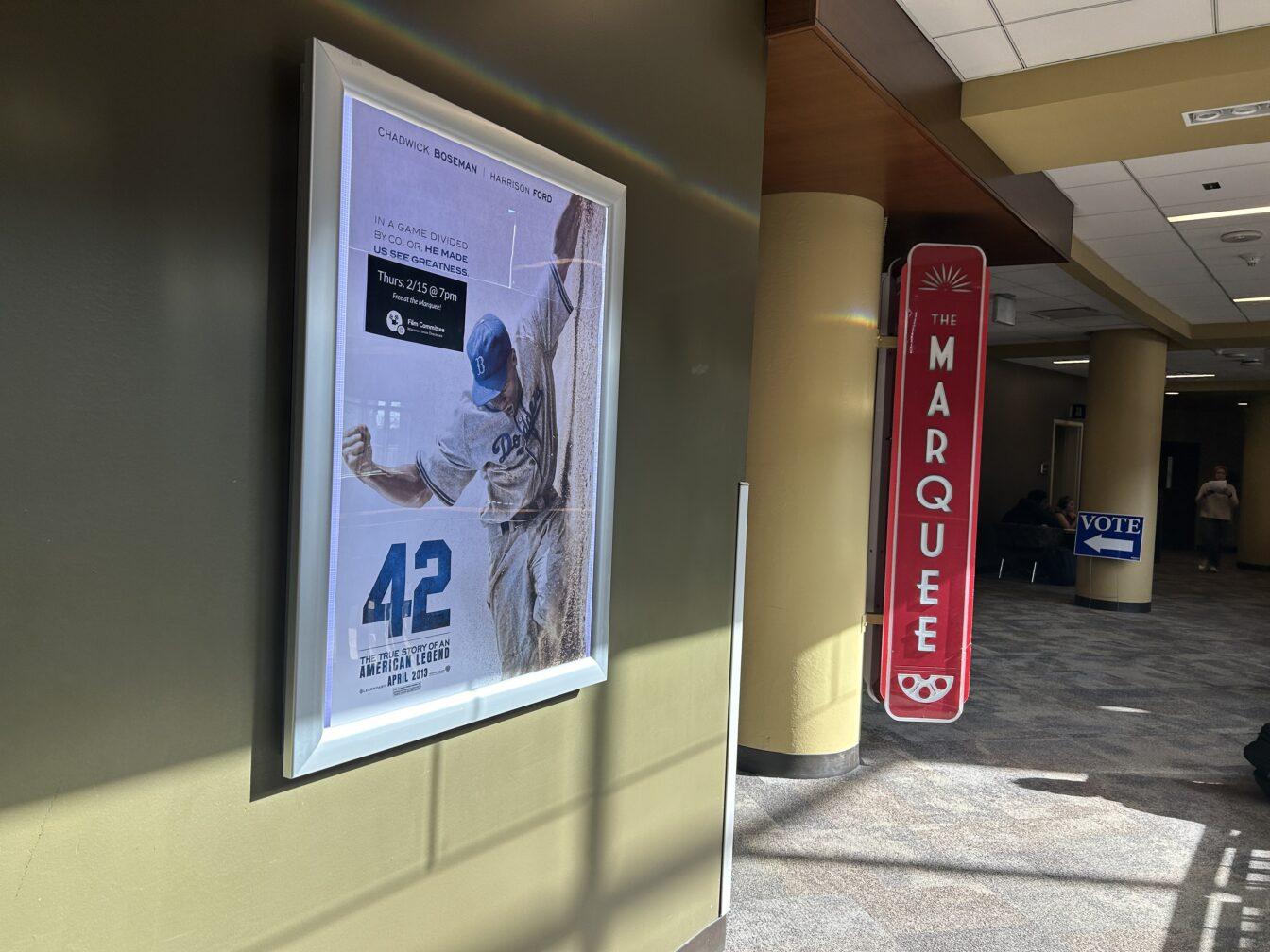“Captain Phillips” is many things: a (mostly) true story, a survival tale and an edge-of-your-seat drama. In the style of much of director Paul Greengrass’ work (“The Bourne Ultimatum,” “Green Zone”), it’s shot like a fictional documentary and spends more time with its characters than it does on the explosions. The film follows the recent saga of an American ship attacked by Somalian pirates, tracking the action from just before the ship’s launch until moments after the conflict’s resolution. Tom Hanks (“Cloud Atlas”) plays the title character. He has a subtle intelligence matched only by his Somalian counterpart, played by newcomer Barkhad Abdi.
The film’s documentary style is largely effective. Greengrass relies on his usual techniques, mixing jerky long shots with extreme close-ups. This technique may not be innovative or experimental, but it pairs well with a film that draws people in by unfolding in real time. While the film may resemble a documentary, it lacks the orienting narrative most documentaries provide. The background information provided regarding everything from the characters to the politics could fit into perhaps 10 of the 150 minutes. Viewers must prepare by brushing up on maritime law, military procedures and daily life in Somalia. Even with such background knowledge, the lack of context given when half of America’s marine force appears to take on three sweaty pirates in a glorified tub is disorienting, to say the least.
Whatever gaps made in storytelling are more than made up with the acting. Far from resting on his laurels, Hanks gives some of the best acting in his career. Viewers can see his eyes soaking in each turn of events, hear the whir as he runs through his options and feel the fear behind his affable ramblings with the pirates. Captain Phillips is a man used to keeping calm amid the storm, even when the storm comes in human form. Hanks plays him as such a relatable figure that audience members might believe that they, too, could keep their heads in such a situation.
The portrayal of the Somalian pirates is one of the film’s strongest points. American films have a tendency to demonize anyone who dares threaten the red, white and blue. The film “Captain Phillips” is careful not to do so. Even the one-dimensional, greedy “muscle” of the crew seems to be in the midst of an anger management crisis rather than being “evil.” Captain Phillips’ pirate counterpart, Muse, is played with a fire and determination that elicits respect rather than hatred. Barkhad Abdi creates Muse as a proud man who knows he cannot win—that day or in the long run. Audiences may not root for him, but they won’t root for his demise either. He is a courageous underdog who has no choice but to match Phillips. Every time he tells Phillips, “Everything goin’ be OK,” he seems to remind himself as much as his captive.
“Captain Phillips” is more of a character study than an action film. It has enough guns, testosterone and explosions to rival a G.I. Joe movie. While these elements might draw people in, they will not be what sticks. What sticks is the way the two impossibly different captains joust, circling one another with the realization that they’re evenly matched. The rest of the film, though very well done, may as well fall away.
4 out of 5 stars




















